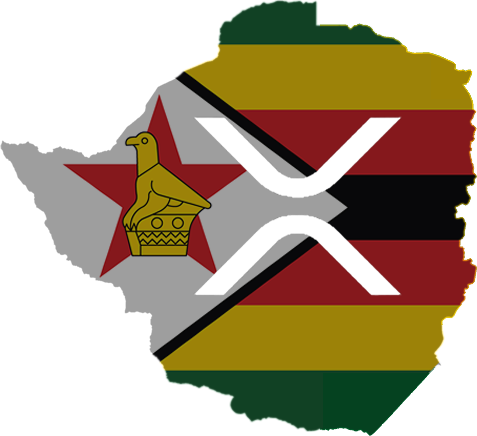The Nature of Money and Its Value
Money serves as a medium of exchange, a unit of account, and a store of value. Its worth is largely determined by the collective belief in its value by its users. This belief creates a demand that drives the currency’s stability and purchasing power. Historically, the value of money has been influenced by factors such as supply and demand, economic stability, and public confidence.
In the case of Zimbabwe, the journey of its currency has been tumultuous, marked by hyperinflation and a loss of trust in its monetary system. The reintroduction of the Zimbabwean Dollar (ZWL) has not yet restored confidence among the populace, leading many to rely on foreign currencies. However, the introduction of the ZIMD token presents a unique opportunity for Zimbabweans to redefine the value of their currency.
The Power of Collective Acceptance
What if every Zimbabwean accepted ZIMD at a set value higher than its current market price? If 1 ZIMD is established as equal to 1 cent USD, this perception can fundamentally alter its value. Here’s how:
1. Creating a New Standard
By collectively agreeing that ZIMD represents a higher value,
Zimbabweans can establish a new standard for their currency. When the population embraces this valuation, it generates demand for ZIMD, which can drive its price upward.
2. Reducing Market Volatility
If all Zimbabweans commit to using ZIMD at the set price, this creates a stable internal market. Demand driven by a shared belief in ZIMD’s value can reduce volatility, aligning its market price with the set price. This, in turn, fosters a sense of confidence among users.
3. Raising the Currency’s Market Value
As demand for ZIMD increases, its market value will begin to rise. If the community restricts ZIMD’s availability to the set price, the market will respond by adjusting to this new equilibrium. This means that the current market price and the set price will converge, potentially leading to a situation where ZIMD’s actual value exceeds the pre-established value.
4. Transitioning to Market-Driven Pricing
Once ZIMD’s market price aligns with or exceeds the set price, Zimbabweans can begin to disregard the initially set value. At this point, the market will dictate the price of ZIMD both domestically and internationally. This transition not only empowers the local economy but also increases Zimbabwe’s financial independence.
The Role of XRPL in ZIMD’s Success
ZIMD is built on the XRP Ledger (XRPL), which provides numerous advantages, including:
Interoperability: ZIMD can interact seamlessly with other cryptocurrencies and trading pairs, enhancing its usability in global markets.
Fast Transactions: XRPL’s efficient transaction processing allows for quick and cost-effective transfers, making ZIMD an attractive option for both local and international transactions.
Scalability: The underlying technology can handle a large volume of transactions, making it suitable for widespread adoption.
Benefits for Zimbabwean Communities
Empowerment Through Local Transactions: By using ZIMD for daily transactions, communities can stimulate local economies, keeping wealth within the country.
Incentivizing Acceptance: As more businesses accept ZIMD, it will create a self-reinforcing cycle of demand, further enhancing its value and utility.
Financial Inclusion: ZIMD can provide access to financial resources for underserved populations, fostering economic growth and stability.
Building Trust: A collective agreement on ZIMD’s value can restore faith in the monetary system, encouraging savings and investment.
The value of money is not just a matter of numbers; it’s a reflection of collective belief and acceptance. By adopting ZIMD as a currency with a set value higher than its current market price, Zimbabweans have the power to redefine their economic landscape.
As the community unites around this vision, the convergence of market value and set value can lead to a thriving economy, free from the shackles of inflation and instability. With the support of XRPL technology, ZIMD has the potential to become a vital part of Zimbabwe’s financial future, fostering empowerment and prosperity for all.

9 comments